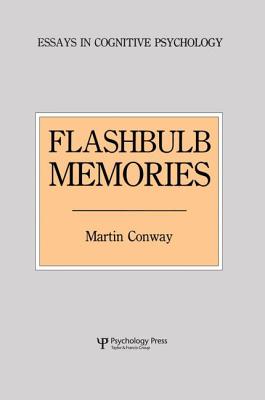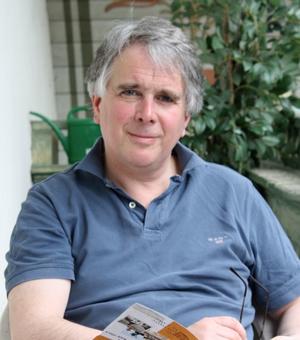

 Psychology Press
Psychology Press
Flashbulb Memories


Key Metrics
- Martin Conway
- Psychology Press
- Paperback
- 9781138877054
- 8.9 X 6 X 0.6 inches
- 0.95 pounds
- Psychology > Cognitive Psychology & Cognition
- English
 Secure Transaction
Secure TransactionBook Description
Subsequent chapters review and appraise more recent work which has generally found in favour of the flashbulb concept. But this research too, does not provide unequivocal support for the encoding view of flashbulb memory formation. Evidence from clinical studies of flashbulb memories, particularly in post-traumatic stress disorder and related emotional disturbances, is then considered. The clinical studies provide the most striking evidence of flashbulb memories and strongly suggest that these arise in response to intense affective experiences. Neurobiological models of memory formation are briefly reviewed and one view suggesting that there may be multiple routes to memory formation is explored in detail. From this research it seems possible that there could be a specific route for the formation of detailed and durable memories associated with emotional experiences. In the final chapter a cognitive account of flashbulb memories is outlined. This account is centred on recent plan-based theories of emotion and proposes that flashbulb memories arise in responses to disruptions of personal and cultural plans. This chapter also considers the wider functions of flashbulb memories and their potential role in the formation of generational identity.
Author Bio
My research has been principally concerned with European history from the 1930s to the final decades of the twentieth century. Like many others, I was initially interested in the inter-war years, and my doctoral thesis explored the history of the extreme-right movement in Belgium, the Rexist movement, during the Second World War.
Published in 1993 as Collaboration in Belgium: Léon Degrelle and the Rexist Movement 1940-1944, it was subsequently published in French and Dutch translations. The Catholic origins of the Rexist movement led me on to develop a wider interest in Catholic politics, and I have published a number of books and articles which have looked more generally at the shape of Catholic politics in Europe.
I have also continued my interest in Belgium, and wrote a large-scale study of Belgium after its liberation in 1944. This was published in 2012 as The Sorrows of Belgium: Liberation and Political Reconstruction 1944-47. It too has come out in a French translation.
In the last few years, much of my work has concerned the history of Democracy in twentieth-century Europe. I have published a number of articles on the nature of democracy in post-war Europe, and published a large book entitled Europe's Democratic Age: Western Europe 1945-68, with Princeton University Press in the spring of 2020.
I am continuing to write about democracy, and am completing a collaborative project on the history of Social Justice in twentieth-century Europe. I have also begun a new project on Political Men, which seeks to problematize the forms of male political citizenship which have developed in Europe across the twentieth century. Its focus is consciously comparative, embracing a variety of political regimes and periods. Its underlying thesis is that we need to understand how male forms of political action have been a significant influence on the evolution of both democratic and non-democratic regimes.
I also have a strong interest in the concept of the History of the Present, as a distinct era separate from the more familiar span of the twentieth century. I am one of the editors (with Celia Donert and Kiran Patel) of a new book series published by Cambridge University Press, entitled European Histories of the Present.
Source: University of Oxford Faculty of History
Videos
No Videos
Community reviews
Write a ReviewNo Community reviews